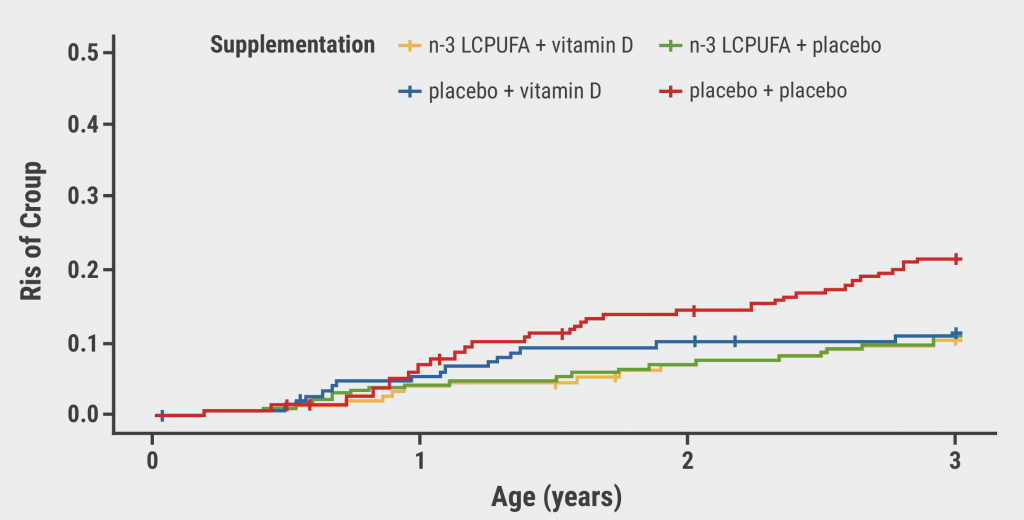https://doi.org/10.55788/10b74a29
Dr Roberto Benzo (Mayo Clinic Rochester, MN, USA) explained that despite the fact that guideline-recommended pulmonary rehabilitation is the most effective, non-pharmacological therapy for people with COPD, programmes struggle with low participant uptake, poor adherence, and poor retention [1]. Although home programmes have been suggested previously as a potential means to address this unmet need, to date there have been no randomised studies in the USA to support the value of remote programmes.
The study design had 2 arms: the intervention arm (n=188) and the wait-list control group (n=187). All patients had baseline measures taken and the intervention group immediately began a 12-week remote monitoring plan described below. At 3 months, all measurements were retaken, at which point the wait-list control group began their 12-week intervention. Measurements were taken again at 6 months and at 9 months until the final analysis at 12 months.
The home-based rehabilitation system used a tablet that displayed a daily to-do list and provided videos to help guide exercise, but it was otherwise unsupervised. A pulse oximeter took home readings along with a regular questionnaire prompted by the programme to the health coach. The health coach then utilised the patient’s data to guide interactions in weekly calls.
The primary endpoint was the disease-specific physical and emotional quality of life after the 12-week intervention. Secondary endpoints included dyspnoea, mastery, emotions, fatigue, daily physical activity, sleep, depression, anxiety, and self-management.
The findings showed that 77% of participants completed the intervention. There was a significant difference in the intervention compared with the control group in the primary and secondary outcomes measured by Chronic Respiratory Disease Questionnaire (CRQ; see Table). Daily steps were increased by 655.83 in the intervention group (95% CI 148.03–1,163.64; P<0.0116), self-management improved by 3.83 points (95% CI 1.85–5.79; P<0.001), depression as measured by the PHQ-9 tool decreased in the intervention group by -1.2 points (95% CI -2.04 to -0.35; P<0.0056), and total sleep time increased by 54 minutes (95% CI 6.74–102.96; P<0.025).
Table: Results of the primary and secondary disease-specific quality of life outcome measures [1]

Dr Benzo concluded that this home-based intervention represents an opportunity to increase the uptake of rehabilitation in COPD, across geographies and socioeconomic classes, and to provide options of remote care that are now in increased demand in the context of the COVID-19 pandemic.
- Benzo R, et al. Effect of Home-Based Rehabilitation with Health Coaching on Chronic Obstructive Pulmonary Disease Outcomes: A Randomized Study. Session A16, ATS International Conference 2022, San Francisco, CA, USA, 13–18 May.
Copyright ©2022 Medicom Medical Publishers
Posted on
Previous Article
« Novel P2X3 antagonist can SOOTHE chronic cough Next Article
CT-evident mucus plugs in COPD associated with death »
« Novel P2X3 antagonist can SOOTHE chronic cough Next Article
CT-evident mucus plugs in COPD associated with death »
Table of Contents: ATS 2022
Featured articles
Letter from the Editor
COVID-19
Nebulised aviptadil “futile” in I-SPY COVID-19 trial
Lung transplantation after COVID-19-associated ARDS
Mesenchymal stem cells offer no benefit in COVID-19
Alpha-1 antitrypsin for ARDS secondary to severe COVID-19
Frailty prevalent 5 months following hospitalisation for COVID-19
Paediatric long COVID lacks definitions
Asthma Clinical Trial Updates
MANDALA and DENALI pattern success for albuterol-budesonide in asthma
ACOUSTICS data sounds good for adolescent asthma exacerbations
Type 2 asthma in children managed by dupilumab, despite atopic comorbidities
NAVIGATOR steers asthma patients to tezepelumab
High-intensity interval training slashes daily corticosteroids in asthma
Chronic Obstructive Pulmonary Disease
Three’s a crowd for triple therapy in COPD
Higher 1-year COPD mortality after hospitalisation for White patients
Reducing dyspnoea in chronic lung disease through weight loss
CT-evident mucus plugs in COPD associated with death
Home-based rehabilitation improves COPD: a randomised study
Highlighted Advances
Novel P2X3 antagonist can SOOTHE chronic cough
Colistimethate sodium PROMISing for non-cystic fibrosis bronchiectasis
Is avacopan better than prednisone for respiratory ANCA-associated vasculitis outcomes?
PAGANINI phase 2b data promising for eliapixant
POISE-3: Tranexamic acid for non-cardiac surgery
Obstructive sleep apnoea in most children with pulmonary hypertension
No screening evidence for COPD
Novel PDE4B inhibitor offers breakthrough for IPF
Hydrocortisone does not help preterm infants
CPAP temporarily supports pulmonary oxygenation in morbidly obese patients
ISAACC trial: CPAP controls blood pressure in ACS patients with severe OSA
Related Articles
October 29, 2020
COVID-19 App: The Dutch experience

October 30, 2022
Fish oil or vitamin D during pregnancy can prevent croup
© 2024 Medicom Medical Publishers. All rights reserved. Terms and Conditions | Privacy Policy

